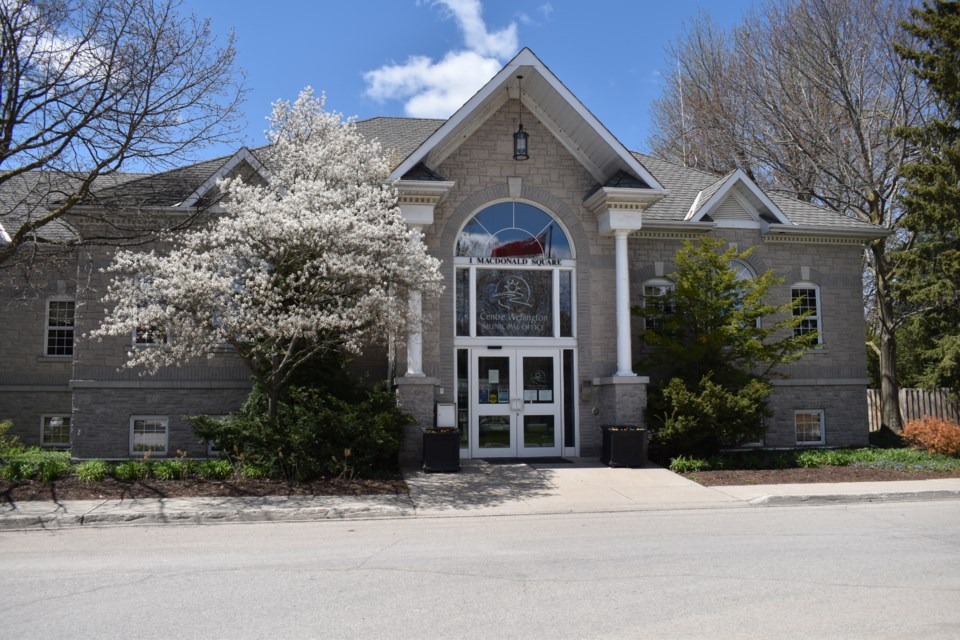PILKINGTON – Centre Wellington will soon be the first municipality in the world to use BDT bio-resin as a method to increase its road base strength.
Following the results of a pilot project with Cambridge-based BioDiffusion Technologies Inc. (BDT) last summer trialing the company's bio-resin treatment, council has approved staff recommendations for a large-scale application of the product on Eighth Line West from Sideroad 11 to Wellington Road 17 later this year.
This will extend the existing pilot project on Eighth Line West by three kilometres and is intended to increase the road base strength.
Initially completed on 300-metres of Eighth Line West, the report said several deflection tests during the pilot concluded the bio-resin-treated road was approximately 20 per cent stronger than the untreated segment and will translate to an estimated five-year increase in the pavement's service life.
To put that into perspective, the report said the resulting longer service life translates to an estimated $25,000 cost benefit per two-lane kilometre of roadway despite the higher upfront capital cost associated with applying bio-resin.
Already planned to be repaved in the township's 2024 budget, the report said this segment of the Eighth Line West has average daily traffic counts exceeding 1,000 vehicles per day, with a significant share of heavy truck traffic from operating quarries in the area and has shown patterns of pavement failure which makes it an ideal candidate for the proposal.
While the estimated application cost provided by BDT is $191,868, the report said the collaboration's cost will be funded through the existing project budget of $1,675,000 which was approved during the 2024 budget process.
The proposal is estimated to save the township $75,000 over the pavement's lifecycle and staff said during the meeting Centre Wellington will be the first municipality in the world to use the method.
According to the BDT website, their product is manufactured from 100 per cent naturally occurring bio-resins that create a hard, hydrophobic surface for roads and other walking surfaces when combined with recycled asphalt (RAP), aggregate or recycled concrete.
The full report is available here.
Isabel Buckmaster is the Local Journalism Initiative reporter for GuelphToday. LJI is a federally-funded program.
